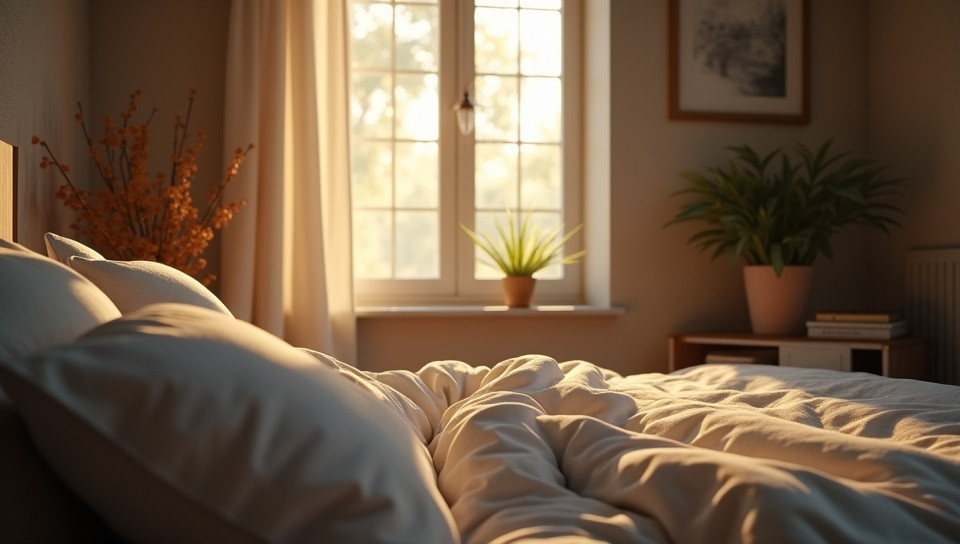Natural light reduces melatonin levels quickly 71%

Unlocking the Power of Natural Light: How It Impacts Melatonin Levels
As we go about our daily lives, it's easy to overlook one of the most significant influences on our physical and mental well-being: natural light. Exposure to sunlight has a profound effect on our bodies, particularly when it comes to regulating our circadian rhythms and melatonin levels.
The Importance of Melatonin
Melatonin is often referred to as the "sleep hormone" because it plays a crucial role in regulating our sleep-wake cycles. Produced by the pineal gland, melatonin levels typically rise in the evening, helping us feel drowsy and prepared for rest. Conversely, exposure to natural light suppresses melatonin production, making us feel more alert and awake.
The Impact of Natural Light on Melatonin Levels
Research has shown that natural light can reduce melatonin levels quickly, often within a matter of minutes. This is because the retina contains specialized cells that detect even small amounts of light, sending signals to the suprachiasmatic nucleus (SCN) in the brain. The SCN then sends a signal to the pineal gland to stop producing melatonin.
- Exposure to direct sunlight can reduce melatonin levels by up to 90%
- Indirect sunlight, such as through windows or mirrors, can still have an impact on melatonin levels
- Light therapy, which involves exposure to bright artificial light, is often used to treat Seasonal Affective Disorder (SAD) and other circadian rhythm disorders
The Benefits of Natural Light Exposure
While it may seem counterintuitive, reducing melatonin levels through natural light exposure can have a range of benefits. These include:
- Improved mood and reduced symptoms of depression
- Enhanced cognitive function and alertness
- Boosted energy levels and reduced fatigue
- Improved sleep quality when the body is exposed to darkness at night
Conclusion
Natural light has a profound impact on our bodies, particularly when it comes to regulating melatonin levels. By understanding how natural light affects our circadian rhythms, we can take steps to optimize our exposure and reap the benefits. Whether through simple changes to our daily routines or more intentional efforts to incorporate natural light into our lives, the rewards are well worth the effort.
- Created by: Aline Rocha
- Created at: Oct. 13, 2024, 6:40 a.m.
- ID: 12284









